Comp 2: A First-Year Writing Experience
Community Research & Genre Analysis
Welcome to the Course!!
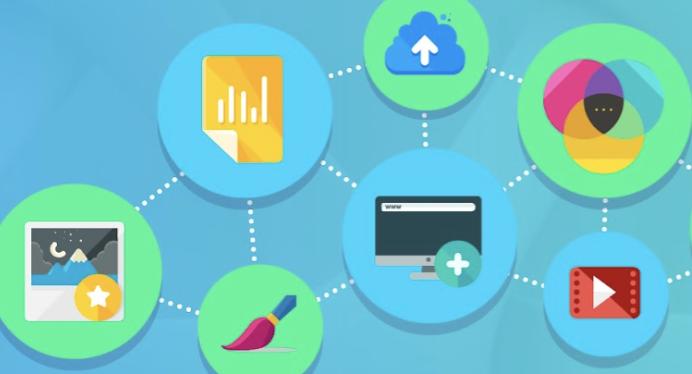



# EN111
Who am I? - Class/Colleague Intros
Eric Cody Smothers, Ph.D.,
Hometown: Harrodsburg, KY
-
I've taught First-Year and Advanced Writing Courses, Business Communication, Digital Rhetoric & Writing, as well as a visual research course focussed on icons.
-
My Special Research Interests include visual rhetorics, iconography, and digital circulation online related to icons, symbols, I’m interested in visuals and how they are used in marketing and advertising. I have skills with web building, infographics, and researching.
-
I enjoy rock collecting, going to national parks, and reading fiction, poetry, and non-fiction.
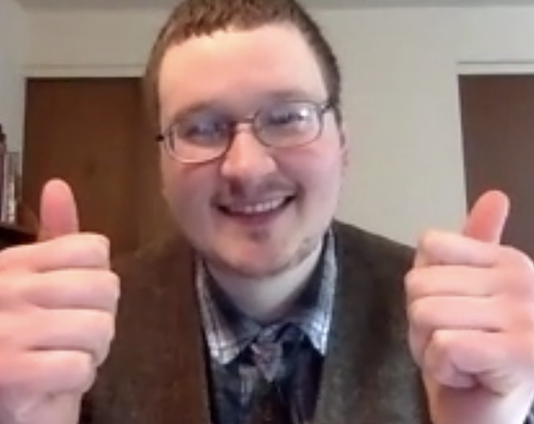
Dr. Smothers Research Interests for Comp 2
Check out these interesting resources:
# EN111
Instructor Contact Info
- Office - Cupples Hall 425 (the very top) - walk through the entrance of Smiley Library
- Hours
- M/W 10am-12pm
- T/R 12:30pm-2:30pm
- And by appointment
- EMAIL: esmothers@centralmethodist.edu
- You can also message through Canvas Inbox but direct email I will respond faster usually within a 12-24 hour window or sooner.


{Question for You}
{2-3 mintues & share}
What can doing research accomplish for you or other people? What do you have to consider when doing research?
Research is...
Research is NOT...

{Research is... What stands out to you?}
- Problems and Solutions
- Writing what others say
- Writing what you find out... such as?
- Citing Sources
- Giving Evidence
- Liking your topic of choice
- Supporting your community or group
- Informing and Persuading the Public
- Using all available methods for research
- Figuring out how to avoid Writer's Block
- Using the "right" people for participants
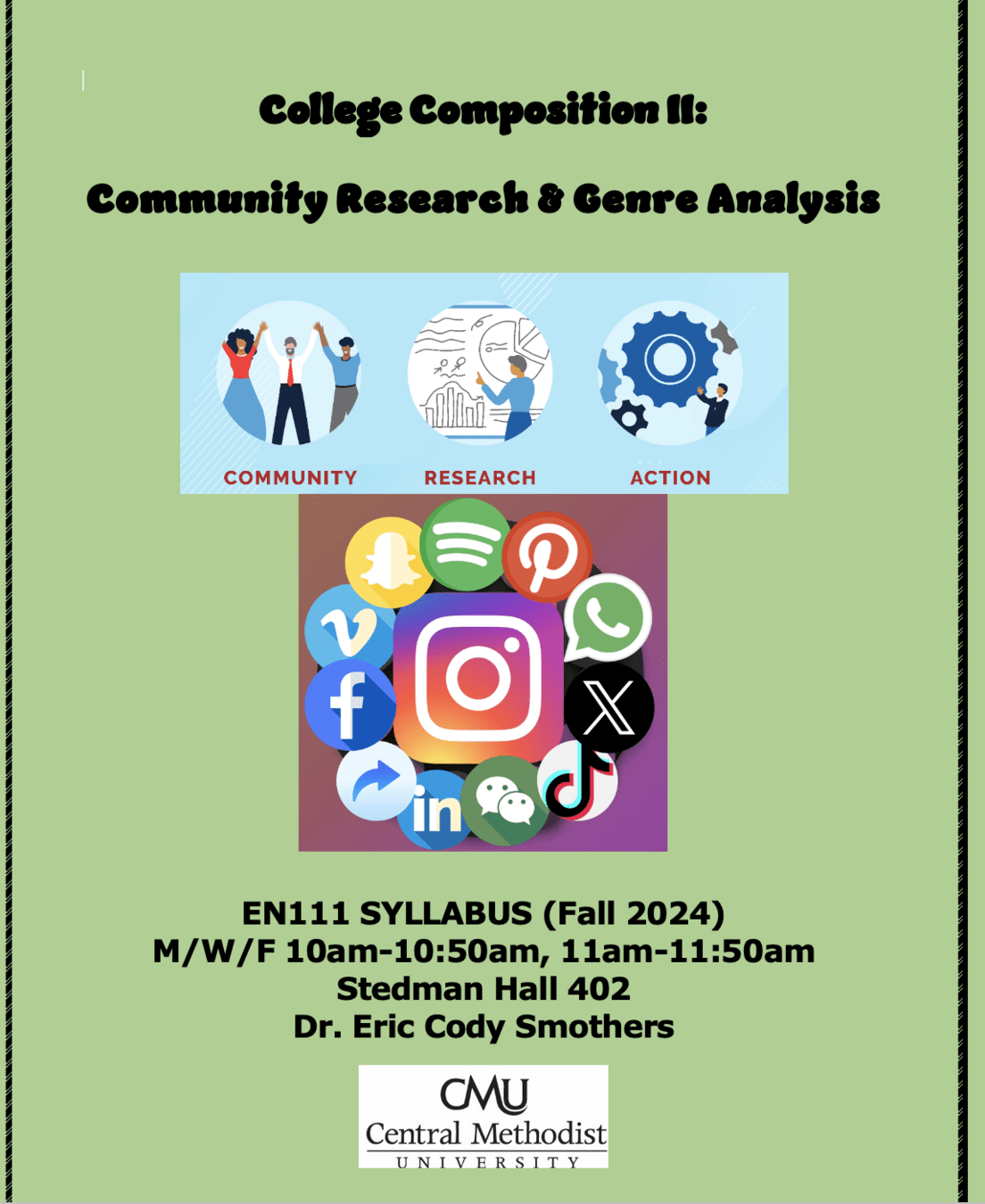
# PRESENTING CODE
Course Overview
In this course, you will be engaging in:
- Weekly HW Reading Notes (Practice annotating/pulling important info from our content).
- In-Class Writing Exercises addressing the readings, project essays, and working with each other. Participation is a big part of composition and this class.
- A Semester-long research topic (split into two halves of the semester) exploring discourse communities & genres, writing/researching important topics connected to your group, organization/style, & professionalism.
*This is a Scaffolded Course - meaning assignments/content you create will be built upon throughout.*
# PRESENTING CODE
Course Policies - Attendance
- Attendance (In Canvas, Roll-Call Attendance)
- I follow a THREE-STRIKE system for unexcused absences. Absences only start to impact your grade from 4 absences onward. Do NOT expect to pass the course if your attendance grade falls below 70%.
- Excused absences are because of:
- Sickness/Illness
- Family Emergency
- Professional or Legal Obligation
- CMU sanctioned events
- 2-3 minutes late = tardy; 5+ minutes late = absence
*Note: Regardless of the type of absence, YOU are still responsible for Due Dates and making arrangements with your instructor to make-up work you will be missing.
# PRESENTING CODE
Course Policies - Late Work
- As the instructor, I reserve the right to decide what can be made up and what cannot. Be advised there are In-Class Assignments/activities such as Peer Reviews that count towards participation and cannot be made up if absent.
- ANY late assignment is subject to partial credit (HW, in-class, etc.) or half credit (major assignments).\
- Extensions are handled on a case-by-case basis unless instructor opts for a change in schedule collectively.
IMPORTANT: Email me and keep the line of communication open as to what is going on with you as this helps me understand your situation and determine whether you are able to make up your work or not.
# PRESENTING CODE
Course Etiquette & Expectations
- Be respectful of one another during and outside this class. Whether in-class discussion, group collaboration, or presentation; be kind and helpful to one another.
- For positive mental wellbeing*, do not come to class if you feel upset, drained, or in a bad frame of mind - come to class with a positive attitude or not all (physically present but mentally absent is a No-Go). *This has to do with creating a helpful, positive learning environment for all*.
- I have posted office hours for a reason - Please stop by to visit if you have questions about the class, an assignment, or how you can be successful in the course. I do want to help.
# CHAPTER 2
Texts and A.I. Usage
- Canvas Reading Pack
- All digital reading articles/ web-articles/resources we will read for EN111 will be supplied through Canvas. No additional texts required.

- We will have class sessions called A.I. Friday Forums that will help us practice the ethical ways of gathering information and using these writing tools for beneficial reasons.


The A.I. Question
What should I consider? Tips and Pointers
What we will learn...
- Always be careful and avoid COPY/PASTE from an A.I. tool directly into your Word Doc you plan to submit in Canvas without proper attribution. I want to see your ideas (I researched... I observed... I collected)
- We will learn about citation for A.I. writing tools as well.
- If you consult A.I. for practice, think of this as a Brainstorming or Research Buddy that could be helpful (A.I. Friday Forums) - as this is an emerging technology, providing reflection on these platforms are always great to learn from.
- When and how A.I. can be helpful for finding sources, sites, and information.
# CHAPTER 2


# PRESENTING CODE
Academic Honesty and Avoiding Plagiarism
In Summary, Plagiarism is taking another person, thing, or construct's work and claiming it as your own. Avoid this at all costs by:
- Always CITE your sources (MLA, APA) and show readers where you got your content from.
- Be ethical when using information or writing you are getting from A.I. Writing Tools or generators and be sure to cite.
- Be mindful of what goes directly into your Word Doc, especially if it is your ESSAY.
- COPY and PASTE is ONLY appropriate for URL Links, Quotes, Citations, or Reference material.
A.I. Plagiarism can lead to major grade deductions, zeros, academic dishonesty forms, or even failing the course! If in doubt, ASK!
Week 1 Intro Activity
To better practice getting to know our research colleagues, and establishing a visual research identity for ourselves go to Canvas Week 1 and Click on: Class Intros: My Research Colleagues.
- Everyone receives a COLOR-CODED NOTE CARD to determine your group slide deck. We will share these at the start of our next class to get everyone acquainted.
- Follow instructions on creating your individual Slide Name Tag.
- As a group, contribute ideas together for your COLOR-CODED UNIQUE PROMPT.

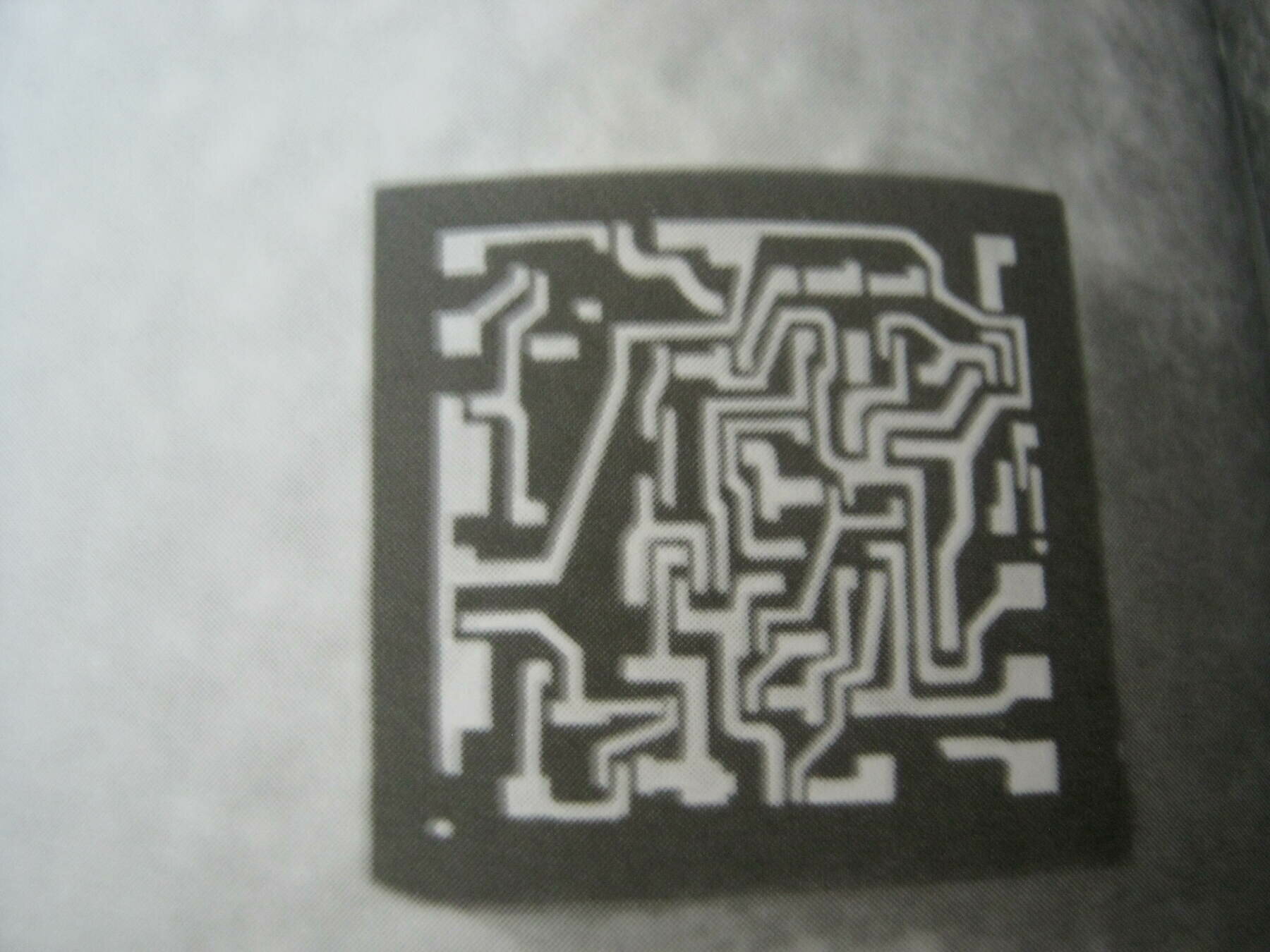

Roadmap for Comp 2...
Unit 1: Discourse Communities (how communities shape us)
- Understanding the skills, rhetoric, and situations that form groups of people and how they are researched and visually represented.
Unit 2: Researching Methods for Discourse Community - What are the different types of research methods? How can primary research help my research? Why is it important to have secondary sources? What are they? Where can I get material to support my research?
Unit 3: Examining Genre Analysis for engagement
- What are genres? How do they apply to community based research? How will I analyze a genre important to me or my community?
Unit 4: CompCON!! & Research Portfolio Professionalism
- Towards the end of the semester, you'll practice presenting your research, engaging with an audience, and demonstrating where you've come throughout the semester!
Major Projects for the Course
# EN111
-
The FINAL Research Report/Paper will be an organized culmination of your final results on discourse community and genre and include a variety of sources, secondary, primary, data visuals, and other research artifacts related to your discourse community and research topics.
- CompCON!!! - A panel-style showcase in the tradition of ComicCon where research panelists present, engage, and show off the hard work they've done throughout the semester.
Scaffolded Assignments we Build On:
- Topic Proposal
- Initial Discourse Community Analysis
-Secondary Source Chart, Annotated Bibliography
- Primary Research Investigation
- Rough Drafts and Peer Response
- Infographics, data visuals, etc.
# EN111
Reading for Critical Evidence
- Irvin's "What is Academic Writing?"
- Dasbender's "Critical Thinking from the Personal to Academic"
- Undergraduate Research Blog on Important Research Qualities
What are you getting from the Text?
- Look for designed text: bold, italics, different sizes
- Pay attention to section header title to preview what is coming
- Latch onto Key Words/Terms that seem unfamiliar OR
- What key words/terms does the writer come back to multiple times? What CONNECTIONS can I make?
- What other writers or sources does the author mention?
- SKIM for moments in the text that stand out - interesting quotes or memorable phrases. Save those for later!
# EN111
Class Writing Activity - Academic Writing Pointers, Week 1
- Navigating our Canvas Course, you will access in-class, homework, and major assignments by going to each Week's Page, clicking on the appropriate image.
- Today, you will start interacting with the readings and think about academic writing/research and your experiences with this. We will spend time unpacking the readings for class and get to know our fellow classmates' thoughts and insights about the writing process.

# EN111
HW: Reading Notes Cross-Check
- For the first 5-10 minutes of class, pull up your Week 1 Reading notes on your Ipad, Laptop or device for your partner (2 or 3 near you). Be sure you let others see how you put your notes together.
- Discuss what each of you pulled from the readings as being most important or helpful. How did you organize your notes? What did you place the most importance on? What did you react to the most?
LEAVE a brief comment either in your Notes or in the Canvas Submission about this interaction. I'll share some key questions to apply to yourselves later.


# EN111
Steps in our Writing/Research arsenal...
- Summarize a writer's ideas the best you can
- Evaluate the most important ideas of a piece (e.g. pros, cons, wording, examples)
- Identify gaps or issues in a writer's argument or presentation of material. (What needs to be filled in?)
- Examine the strategies a writer uses (e.g. style, image usage, figurative language, connections made, persuasive, informative)
- Include a second opinion or text (What other writers, ideas, or concepts may they include)
- Extend what the reading/writer is saying to better fit YOU (e.g. personality, background, major, skillset, etc).
From Dasbender (44) - Notice the action verbs used to talk about responding to the writing process.
# EN111
Steps in our Writing/Research arsenal...
From Irvin (7) - How would you answer the questions on the Left Column for your own interests/content? Major or Discipline? Hobby or Skills?
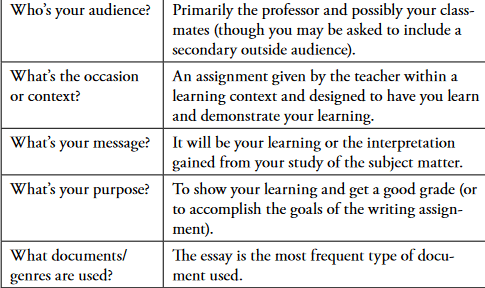
# EN111
Final Week 1 Objectives
- Objective: Complete Week 1 Notes Submission & Interactive Comment with a partner(s).
- Objective: Complete your In-Class Week 1: Academic Writing Pointers discussion based on our readings this week; if you have already posted your thoughts, give a REPLY to which of Dasbender's strategies or Irvin's questions are the most important to answer when starting a research investigation.
- Objective: Explore the A.I. Friday Forum Introduction page - spend some time thinking about interesting research questions to ask or find out something new!
Comp 2 Welcome Slides
By codys
Comp 2 Welcome Slides
- 400





